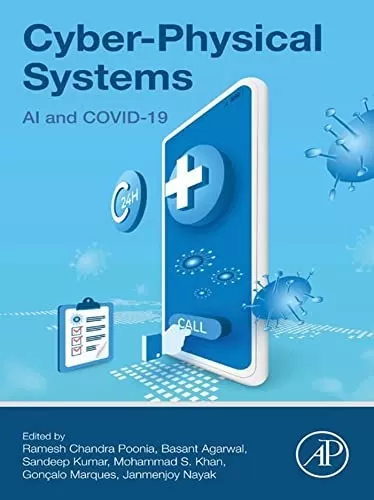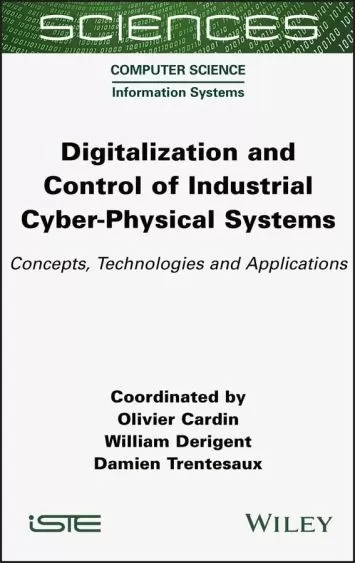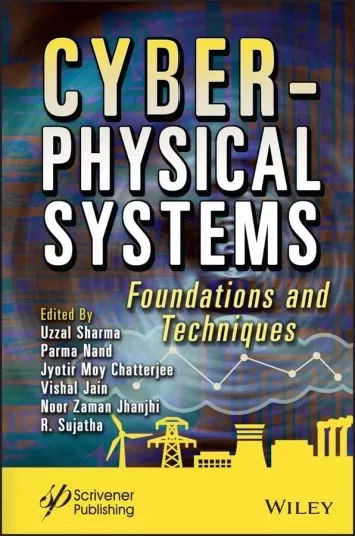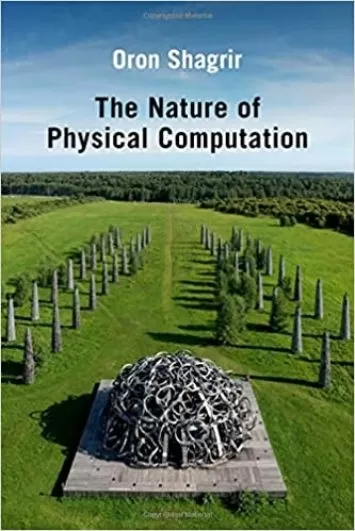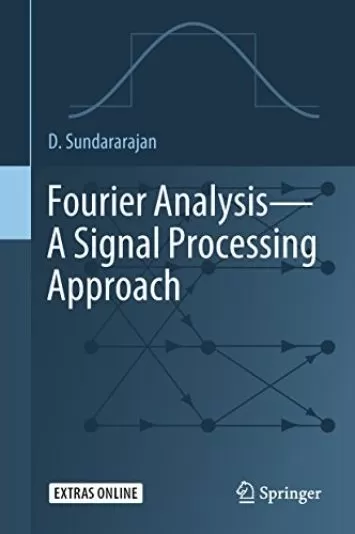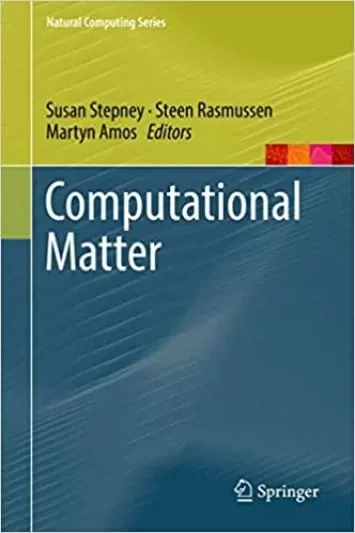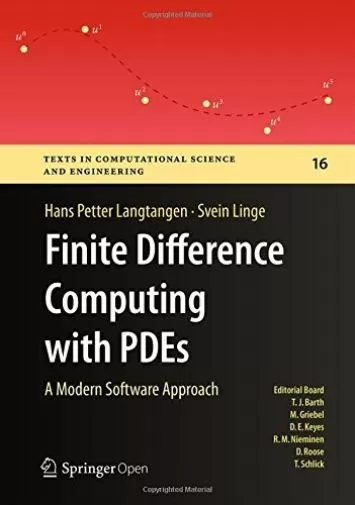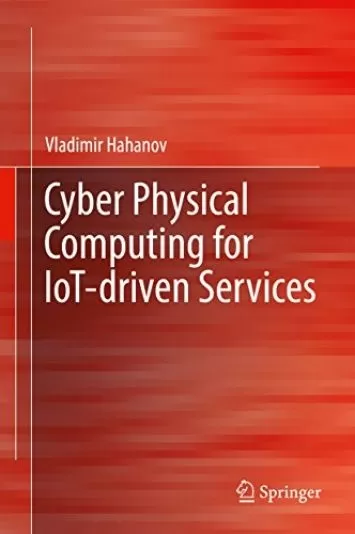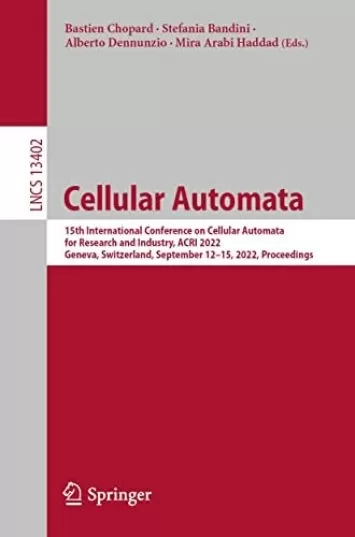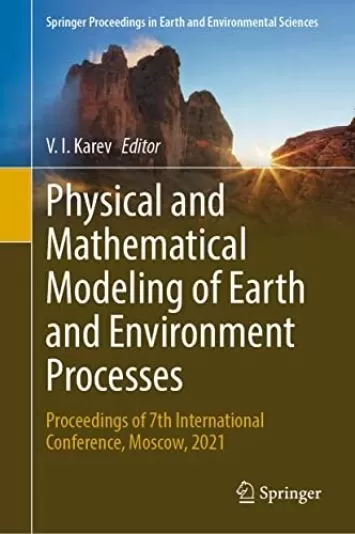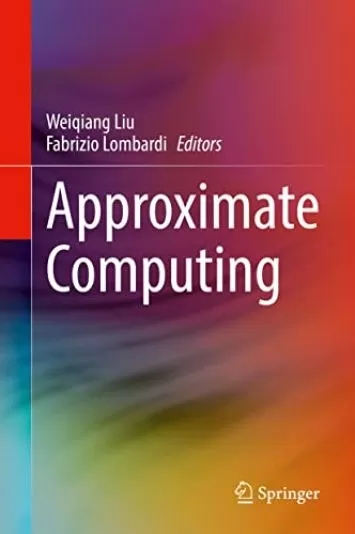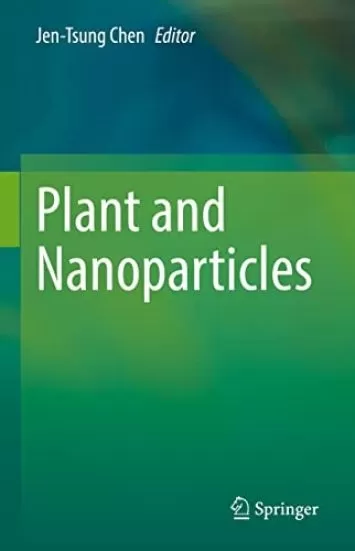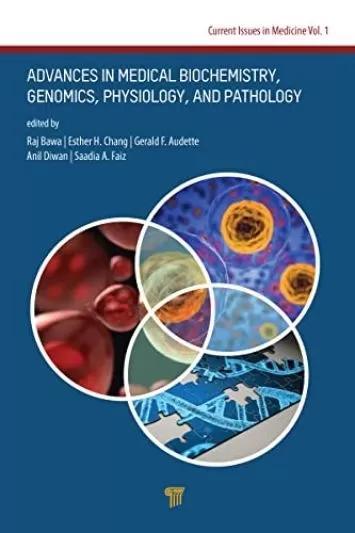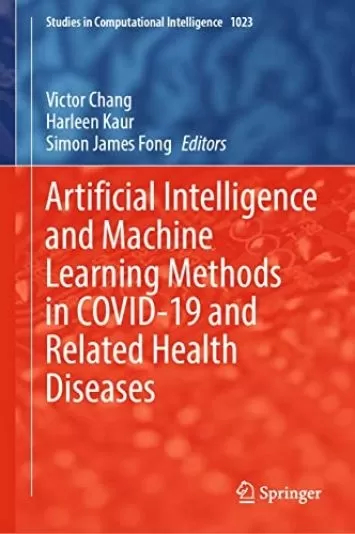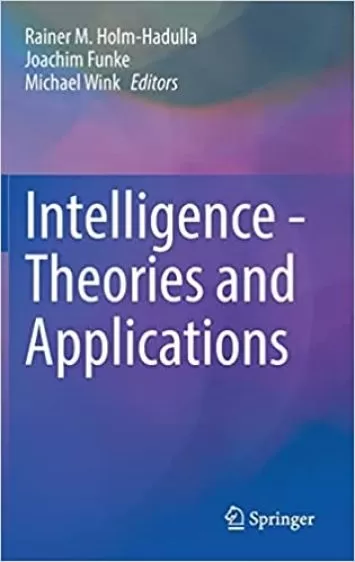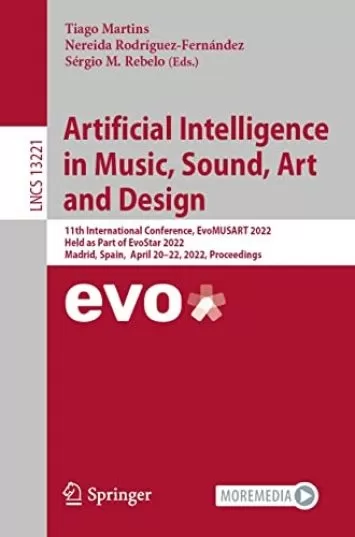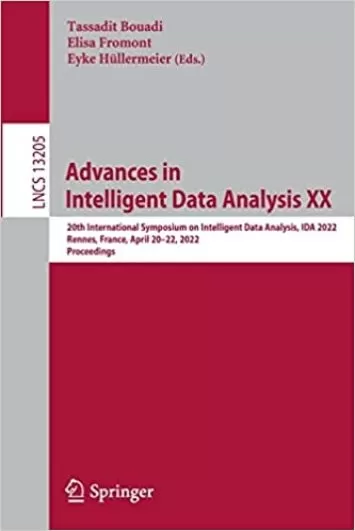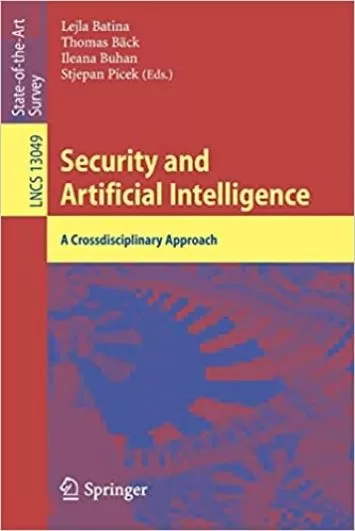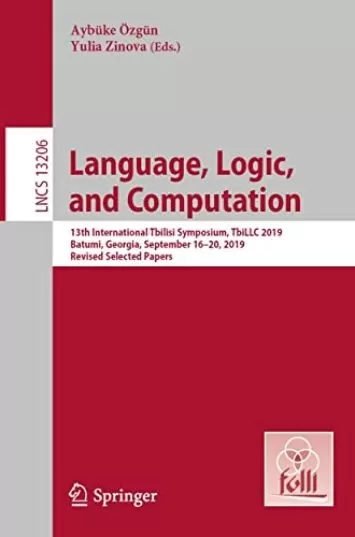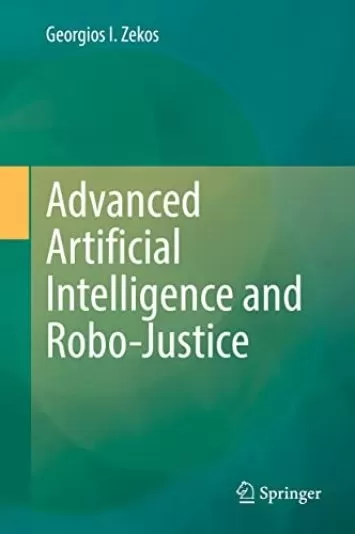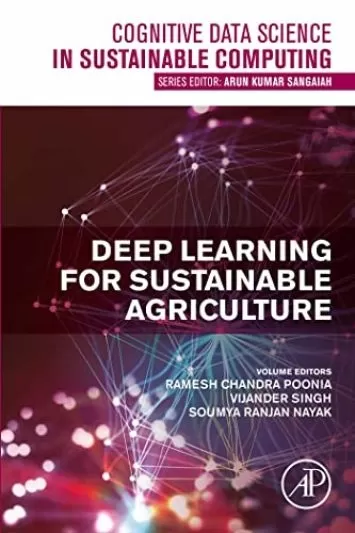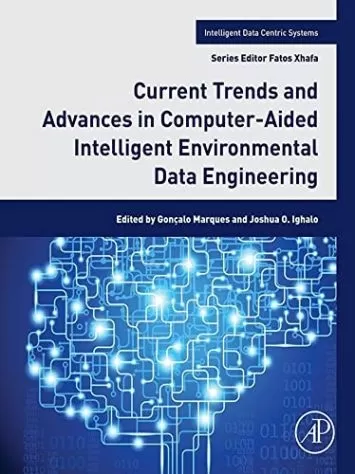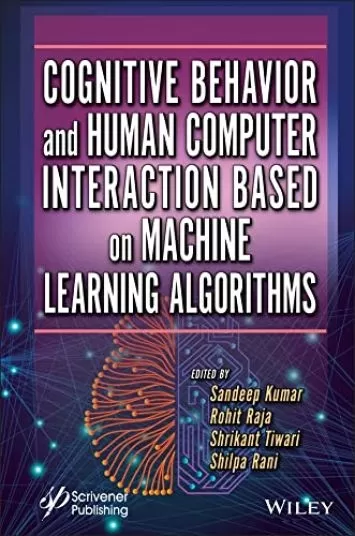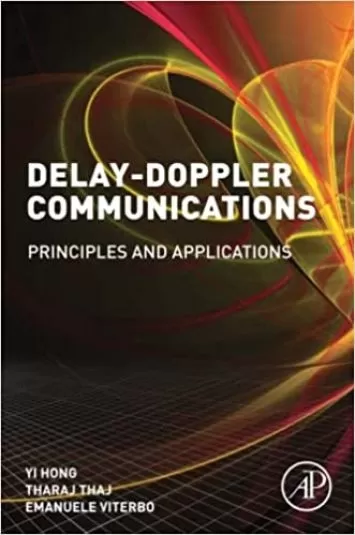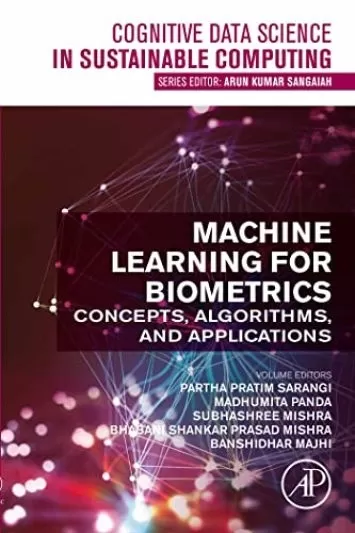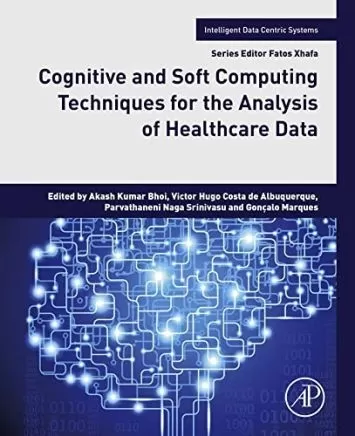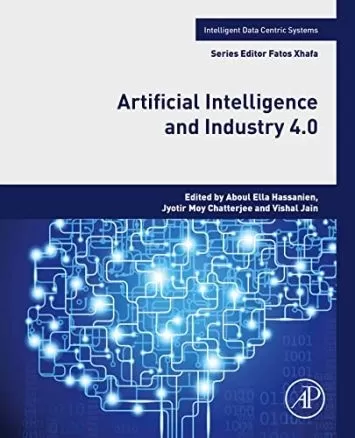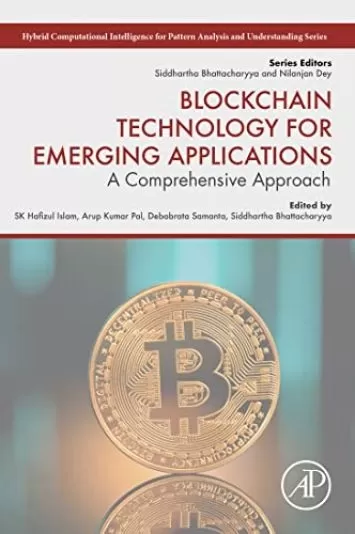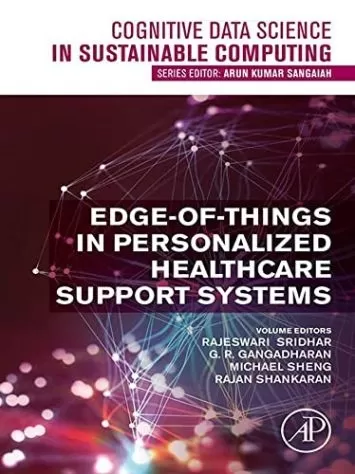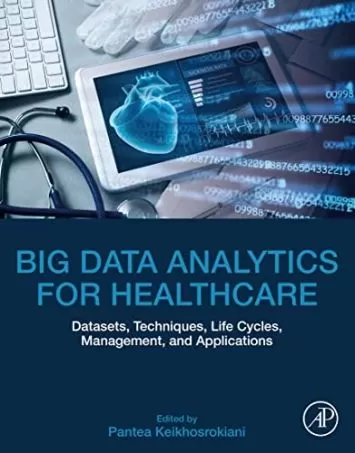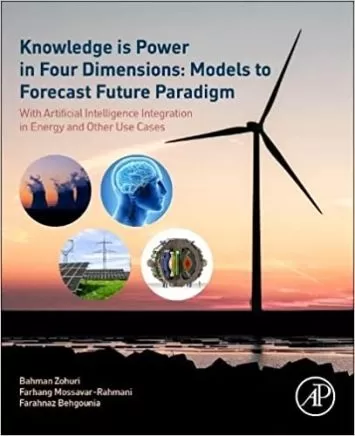Over the past few months, almost every country in the world has been struggling with COVID-19. The threat of this virus is so dreadful that more than 300,000 people have lost their lives within a span of four months. The major problem in the identification of COVID-19 is detection and diagnosis due to non-availability of medicine. In this situation, only one method, Reverse Transcription Polymerase Chain Reaction (RT-PCR), has been widely adopted and used for diagnosis. With the evolution of COVID-19, the global research community has implemented many machine learning and deep learning-based approaches with incremental datasets. However, finding more accurate identification and prediction methods are crucial at this juncture.
The book highlights original research which addresses current data challenges in terms of development of mathematical models, cyber-physical systems-based tools and techniques, as well as the design and development of an algorithmic solutions etc.
This book reviews the technical concepts of gathering, processing, and analyzing data from cyber-physical systems (CPS), followed by a review of tools and techniques which can be used in this direction. This book will act as a resource to guide COVID researchers as they move forward with clinical and epidemiological studies on this outbreak.
--This text refers to the paperback
edition. About the Author
Dr. Ramesh Chandra Poonia is an Associate Professor at the Department of Computer Science, CHRIST (Deemed to be University), Bangalore, India. Recently completed his Postdoctoral Fellowship from CPS Lab, Department of ICT and Natural Sciences, Norwegian University of Science and Technology, lesund, Norway. He has received his Ph.D. degree in Computer Science from Banasthali University, Banasthali, India in July 2013. His research interests are Cyber-Physical Systems, Network Protocol Evaluation and Artificial Intelligence. He is Chief Editor of TARU Journal of Sustainable Technologies and Computing (TJSTC) and Associate Editor of the Journal of Sustainable Computing: Informatics and Systems, Elsevier. He also serves in the editorial boards of a few international journals. He is main author and co-author of 06 books and an editor of more than 25 special issue of journals and books including Springer, CRC Press Taylor and Francis, IGI Global and Elsevier, edited books and Springer conference proceedings and has authored/co-authored over 65 research publications in peer-reviewed reputed journals, book chapters and conference proceedings.
Dr. Basant Agarwal works as an Assistant Professor at the Indian Institute of Information Technology Kota (IIIT-Kota), India, which is an Institute of National Importance. He holds a Ph.D. and M.Tech. from the Department of Computer Science and Engineering, Malaviya National Institute of Technology Jaipur, India. He has more than 9 years of experience in research and teaching. He has worked as a Postdoc Research Fellow at the Norwegian University of Science and Technology (NTNU), Norway, under the prestigious ERCIM (European Research Consortium for Informatics and Mathematics) fellowship in 2016. He has also worked as a Research Scientist at Temasek Laboratories, National University of Singapore (NUS), Singapore. His research interest include Artificial Intelligence, Cyber physical systems, Text mining, Natural Language Processing, Machine learning, Deep learning, Intelligent Systems, Expert Systems and related areas.
Dr. Sandeep Kumar is currently an Associate Professor at CHRIST (Deemed to be University) Bangalore and a Part-time Post-Doctoral research fellow at Imam Muhammad ibn Saud Islamic University Saudi Arabia. Before joining CHRIST, he has worked with ACEIT Jaipur, Jagannath University Jaipur, and Amity University Rajasthan. He is an associate editor for the Human-centric Computing and Information Sciences (HCIS) journal published by Springer. He has published more than sixty research papers in various international journals/conferences and attended several national and international conferences and workshops. He has authored/edited five books in the area of computer science. His research interests include nature-inspired algorithms, swarm intelligence, soft computing, and computational intelligence
Dr. Mohammad S. Khan (SM 19) is currently an Assistant Professor of Computing at East Tennessee State University and the director of Network Science and Analysis Lab (NSAL). He received his M.Sc. and Ph.D. in Computer Science and Computer Engineering from the University of Louisville, Kentucky, USA, in 2011 and 2013, respectively. His primary area of research is in ad-hoc networks, wireless sensor networks, network tomography, connected vehicles, and vehicular social networks. He currently serves as an associate editor of IEEE Access, IET ITS, IET WSS, Springers Telecommunication Systems and Neural Computing and Applications. He has been on technical program committees of various international conferences and technical reviewer of various international journals in his field. He is a senior member of IEEE.
Gonalo Marques holds a PhD in Computer Science Engineering and is member of the Portuguese Engineering Association (Ordem dos Engenheiros). He is currently working as Assistant Professor lecturing courses on programming, multimedia and database systems. His current research interests include Internet of Things, Enhanced Living Environments, machine learning, e-health, telemedicine, medical and healthcare systems, indoor air quality monitoring and assessment, and wireless sensor networks. He has more than 80 publications in international journals and conferences, is a frequent reviewer of journals and international conferences and is also involved in several edited books projects. --This text refers to the paperback edition.
